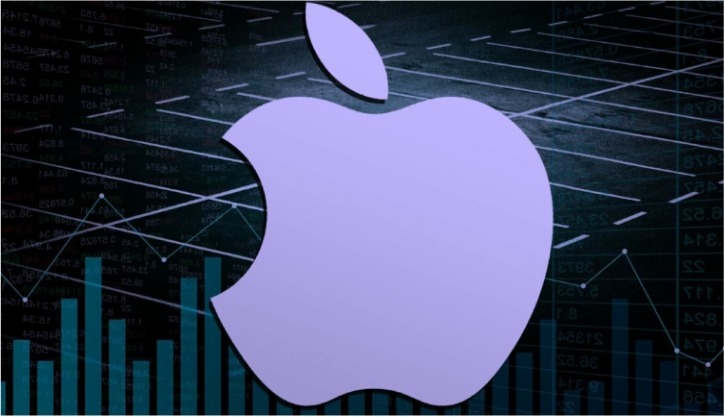
On Thursday, Apple witnessed a significant dip of nearly 4% in its stock value, which subsequently triggered a broader decline in the technology sector. This sharp decline was attributed to reports indicating that China had extended restrictions on the usage of iPhones by government officials—a move that directly impacts one of Apple’s crucial markets. As a result of this development, the world’s most valuable company faced the potential loss of approximately $100 billion in market capitalization, constituting its most substantial single-day drop in over a month.
This decline in Apple’s stock price also reverberated across companies closely linked to the tech giant, including Broadcom, Qualcomm, and Texas Instruments, all of which experienced declines ranging from 1.4% to 4.7%. The impact of Apple’s stock downturn was discernible on the three primary U.S. stock indices.
Beijing’s recent directive to employees at specific central government agencies, instructing them to refrain from using Apple mobile devices during work hours, has raised concerns about the deepening economic repercussions resulting from the escalating tensions between the U.S. and China. In recent years, the U.S. has placed limitations on China’s access to critical technologies, particularly cutting-edge microchips. Concurrently, China has been working to reduce its reliance on American tech products and has imposed restrictions on shipments from U.S. firms, including aerospace giant Boeing.
Wall Street analysts have underscored that the constraints placed on iPhones underscore a broader trend—that even a company with a favorable relationship with the Chinese government and a significant presence in the world’s second-largest economy is not immune to the mounting geopolitical tensions between the U.S. and China.
This development comes at a pivotal juncture for Apple, as the company grapples with a dip in iPhone sales. Notably, China had been a bright spot in an otherwise disappointing quarterly earnings report last month. D.A. Davidson analyst Tom Forte pointed out that these restrictions could potentially hinder Apple’s sales growth in China, adding an extra layer of challenge for the company.
Moreover, some analysts have voiced concerns about potential setbacks in sales due to the release of Huawei’s latest Mate 60 Pro smartphone. Powered by an advanced chip manufactured by Chinese contract chipmaker SMIC, this launch signifies a notable achievement for both companies, which have faced the brunt of U.S. sanctions.
Despite these hurdles, Apple could experience an upswing in demand following an upcoming event where it is expected to unveil its iPhone 15 lineup alongside new smartwatches. Such a product launch has the potential to bolster Apple’s market standing and enhance its sales figures.
